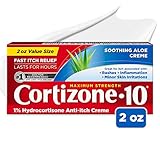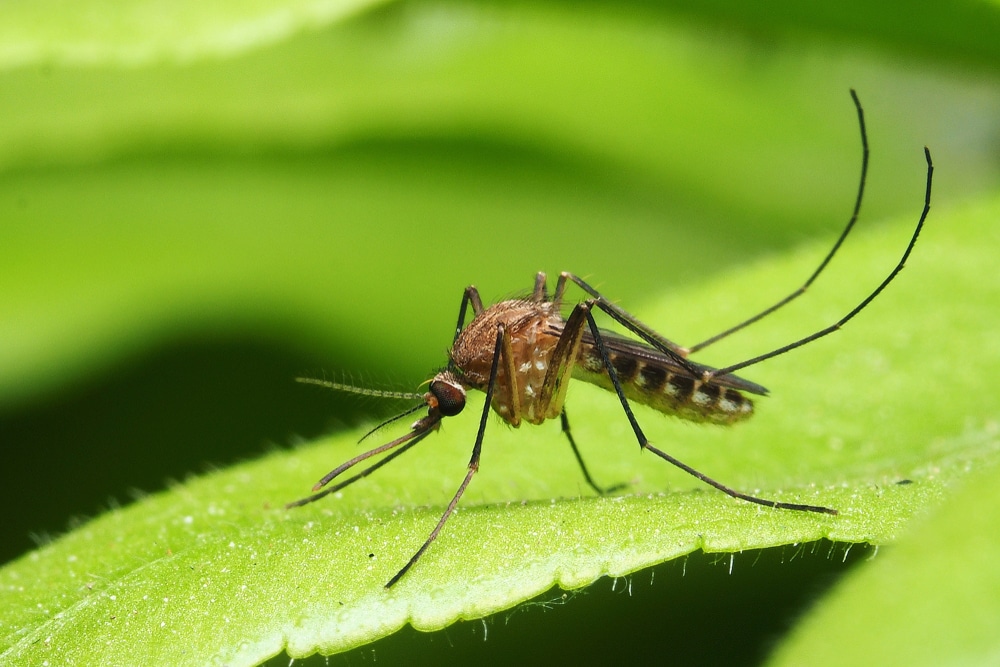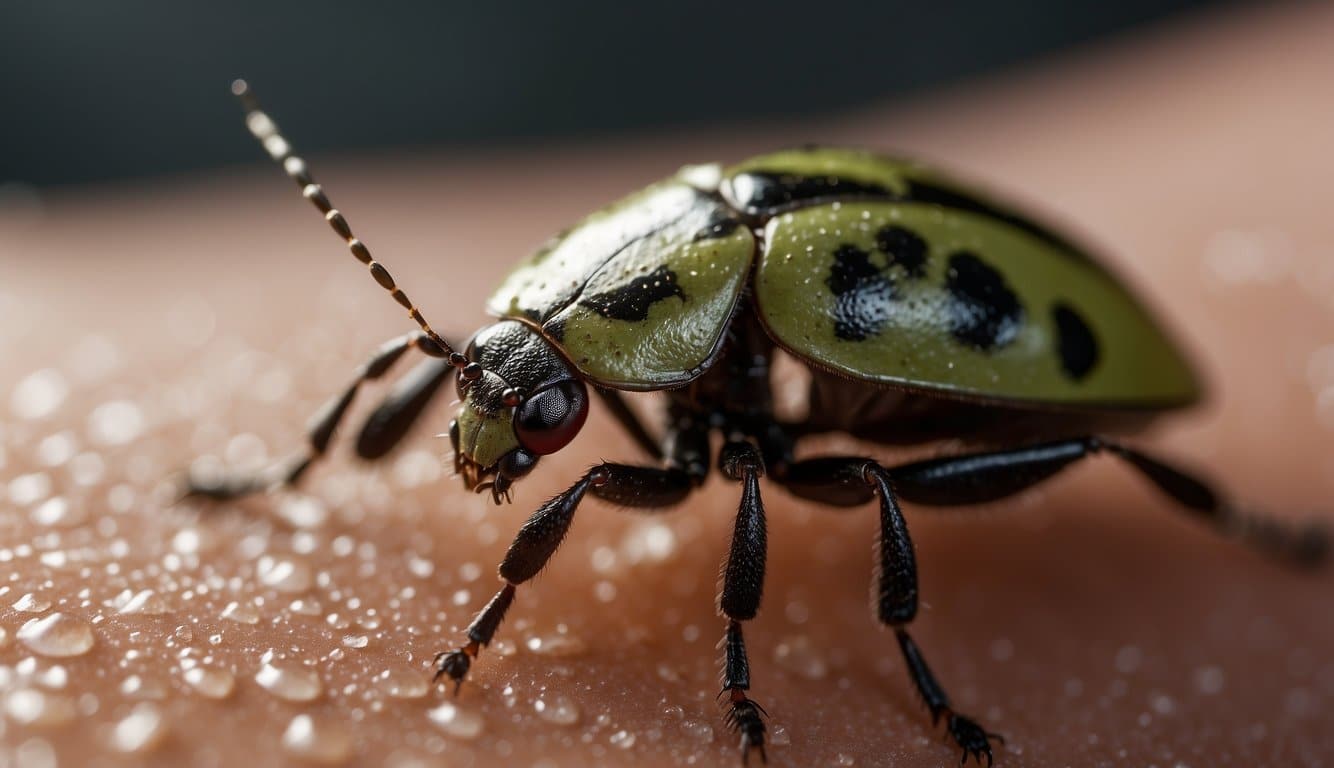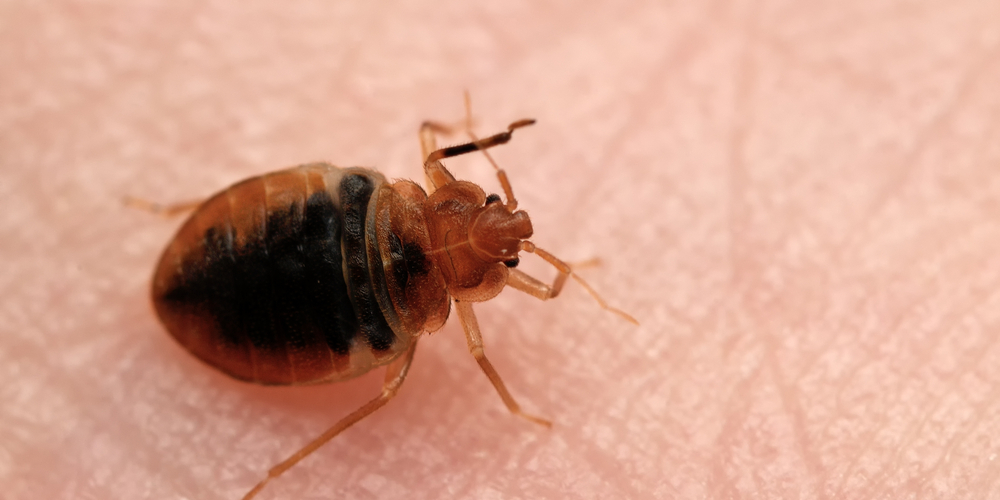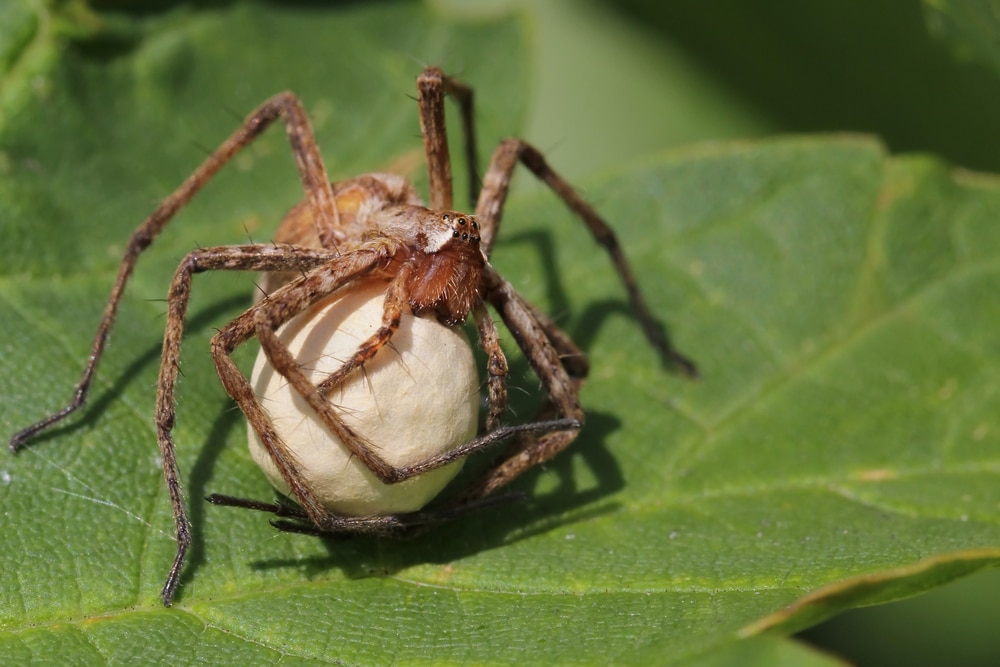Identify and Relieve the Bite: Step By Step Guide
Step 1: Identify the Bite
- Question: Can you identify the type of bug bite?
- Yes: Tailor treatment based on the bug type (e.g., mosquito, spider, tick).
- No: Proceed with general care for common insect bites.
Step 2: Clean the Area
- Action: Wash the bite area with soap and water.
- Purpose: This helps reduce the risk of infection and removes irritants left by the insect.
Step 3: Reduce Swelling and Itching
- Action: Apply an appropriate remedy to alleviate symptoms.
- Options:
- Ice Pack: Apply a cold pack or a cloth cooled with cold water to reduce swelling and numb the area.
- Anti-itch Creams: Use over-the-counter hydrocortisone cream or calamine lotion to relieve itching.
- Oral Antihistamines: Consider taking antihistamines if the itching is severe or widespread.
- Options:
Step 4: Home Remedies
- Question: Would you like to try home remedies?
- Yes: Apply natural treatments.
- Aloe Vera: Use for its soothing and cooling properties.
- Baking Soda Paste: Mix baking soda with a little water and apply to the bite to help neutralize the itch.
- No: Stick with over-the-counter options.
- Yes: Apply natural treatments.
Step 5: Monitor for Infection
- Action: Keep an eye on the bite for signs of infection.
- Signs to Watch For:
- Increased redness
- Swelling
- Pus
- Excessive pain
- If any of these symptoms occur: Consult a healthcare provider.
- Signs to Watch For:
Step 6: Prevent Future Bites
- Action: Take measures to avoid further bites.
- Preventive Measures:
- Use Insect Repellent: Apply repellents containing DEET, picaridin, or oil of lemon eucalyptus when outdoors.
- Wear Protective Clothing: Long sleeves and pants, especially in wooded or grassy areas.
- Manage Environment: Eliminate standing water and keep lawns trimmed to reduce insect habitats.
- Preventive Measures:
Step 7: Seek Medical Attention
- Question: Are symptoms severe or worsening?
- Yes: If you experience symptoms like difficulty breathing, swelling of the lips or throat, or a severe rash, seek medical attention immediately as these may indicate an allergic reaction.
- No: Continue monitoring and treating as necessary.
Additional Tips
- Do Not Scratch: Scratching can increase irritation and risk of infection.
- Keep Nails Trimmed: This reduces damage from scratching and helps prevent infection.
Identifying Bug Bites
When you venture into the great outdoors, it’s not uncommon to find yourself itchy and adorned with bug bites upon your return. But not all bites are created equal.
Here’s how to play detective with those red marks:
- Mosquito Bites
- Appearance: Small, round, and puffy swelling that often turns red and itchy.
- Common Feelings: Temporary sharp sting followed by an irresistible urge to scratch.
- Bee Stings
- Appearance: A red welt with a white center where the stinger might have been.
- Common Feelings: Sharp pain or burning at the sting site.
- Spider Bites
- Appearance: Two puncture marks; could develop into a larger red or purple area.
- Common Feelings: Pain, cramping, or blistering, depending on the spider type.
- Tick Bites
- Appearance: Small red bump that can sometimes develop a bullseye pattern.
- Common Feelings: Often painless, but can lead to Lyme disease—so watch out!
- Flea Bites
- Appearance: Small red bumps often grouped in threes or a line.
- Common Feelings: Itchy as a wool sweater on a hot day.
- Bedbug Bites
- Appearance: Red, flat welts in zigzag lines or small clusters.
- Common Feelings: Skin rashes and allergic symptoms may develop.
To narrow down the culprit, consider where you’ve been recently—forest, garden, or snoozing in a cabin—and check out resources like How to Identify Insect Bites and Bites and Stings for visual aids.
It’s like a mini-forensic investigation, with your skin as the crime scene!
Remember, your knowledge helps you itch less and enjoy the outdoors more—so gear up with this bite guide!
Immediate Bite Response
When you’re blindsided by an itchy bug bite, quick action can minimize discomfort and reduce swelling. Focus on these immediate steps to take control of the situation.
Cold Compress
- Grab something cold, like an ice pack or a bag of frozen peas, and wrap it in a cloth.
- Place the cold compress on the bite for 10 to 20 minutes to soothe the itch and decrease swelling.
Topical Treatments
- Clean the area first with soap and water to prevent infection.
- Apply an over-the-counter anti-itch cream or lotion to the affected area to alleviate the irritation.
- For a natural remedy, dab on a small amount of honey or aloe vera, known for their soothing properties.
Avoid Scratching
- Keep your nails short and if you can’t trust your hands, wear gloves!
- Distraction is key; try focusing on another activity to keep your mind off the itch.
- If you’re struggling, covering the bite with a small bandage can help deter you from scratching.
Natural Remedies
For those pesky bug bites that itch and swell, turning to nature’s own medicine cabinet might be the best choice. Below, you’ll find some fantastic, easy-to-use remedies that will help soothe your skin and reduce irritation without relying on over-the-counter chemical solutions.
Aloe Vera
- Soothing Properties: Aloe Vera gel is perfect for calming inflamed skin due to its cooling effect.
- How to Apply: Slice open an Aloe Vera leaf and apply the fresh gel directly on the bite.
Baking Soda Paste
- Neutralizes pH: Baking soda can help neutralize the pH and alleviate itching.
- Making the Paste:
- Mix 1 tablespoon of baking soda with a few drops of water to create a thick paste.
- Apply to the bug bite and leave it for 10 minutes before rinsing.
Honey Application
- Natural Antiseptic: Honey is known for its antibacterial properties, helping to prevent infection.
- Direct Application: Dab a small amount of raw, organic honey on your bug bite to reduce inflammation and soothe itching.
Essential Oils
- Lavender & Tea Tree: These oils are celebrated for their anti-inflammatory and soothing effects.
- Safe Usage:
- Dilute a few drops of essential oil with a carrier oil like coconut or jojoba oil.
- Apply the mixture carefully on the bite, avoiding sensitive areas.
Over-The-Counter Solutions
When you’re dealing with the annoyance of bug bites, there’s a whole arsenal of over-the-counter (OTC) solutions just waiting for you at your local pharmacy. Here’s what you can grab:
1. Antihistamines
- Effective for: Reducing itching and swelling.
- Top picks: Benadryl or Claritin.
2. Hydrocortisone Creams
- Great for: Easing inflammation and dialing down that urge to scratch.
- Grab this: A 1% hydrocortisone cream for quick relief.
3. Analgesic Creams
- They serve: Alleviating pain right at the site of the bite.
- Look for: Brands like Aspercreme or Lanacane.
Tips for Use:
- Read the label: Always follow the directions for safe use.
- Spot test: Apply a small amount to ensure no allergic reactions.
- Keep it cool: Store these OTC products in a cool place to enhance their soothing effect.
Alternative Options:
- Calamine Lotion: It’s a classic for a reason; calamine can help dry out bites and reduce itchiness.
- Anti-itch Sprays: Convenient for hard-to-reach spots or when you’re on the go.
When To Seek Medical Attention
Sometimes, bug bites are more than just an annoying itch; they can signal a need for medical help.
Immediate medical care is required if you experience any of the following:
- Difficulty Breathing: The sudden onset of wheezing, shortness of breath, or chest tightness could mean a severe allergic reaction.
- Swelling of the Face, Lips, or Eyes: This type of swelling can be a sign of anaphylaxis, a life-threatening allergic reaction that requires prompt treatment.
- Rapid Heartbeat or Dizziness: Cardiac symptoms might indicate a serious systemic response to a bite.
For less immediate symptoms that still warrant a doctor’s visit, look out for:
- Bites in Sensitive Areas: If you’re bitten in the mouth, nose, or throat, the swelling could obstruct your airways.
- Flu-like Symptoms: Fever, headaches, and body aches following a bite may suggest a more serious infection, especially from ticks or mosquitoes.
- Rash: An expanding red rash or streaking pattern may indicate Lyme disease or other infections that require antibiotics.
- Infection Signs: Increasing redness, warmth, swelling, or discharge points to a possible infection and should be evaluated by a healthcare provider.
Frequently Asked Questions
When you’re dealing with the aftermath of an itchy encounter, you want the best bug bite treatment tips at your fingertips. Here’s a quick rundown of what to do for speedy relief and effective itch management.
What’s the quickest remedy to reduce swelling from insect bites?
For immediate swelling reduction, apply a cold pack to the bite for 10 minutes. You can repeat this as needed. The cold helps to constrict blood vessels and decrease inflammation.
Can home remedies effectively alleviate itching from bug bites?
Absolutely, home remedies can be quite effective. Applying a paste of baking soda and water can offer relief. Also, over-the-counter hydrocortisone creams or calamine lotion can help with the itch.
What are the steps to take for healing bug bite marks?
The path to healing those pesky bite marks includes keeping the area clean and applying a mild antibacterial cream.
If the bite is itchy, resist the urge to scratch as this can introduce bacteria and lead to infection.
How can someone rapidly soothe a mosquito bite overnight?
To soothe a mosquito bite overnight, try these quick steps:
- Clean the area with soap and water.
- Apply an ice pack wrapped in a cloth to reduce inflammation and itchiness.
Are there any instant tricks to stop bug bites from itching?
An instant trick to stop the itch is to use a cold compress or ice pack, which numbs the area.
Over-the-counter remedies like anti-itch creams can provide speedy relief as well.
How can you discern when a mosquito bite becomes a serious concern?
Monitor your mosquito bite for signs of a severe allergic reaction or infection. Seek immediate medical attention if you notice:
- Rapid swelling.
- Difficulty breathing.
- Fever or pus indicating infection.
- If bitten in an area known for insect-borne diseases, be vigilant and consult with your doctor.
Last update on 2025-06-06 / Affiliate links / Images from Amazon Product Advertising API

